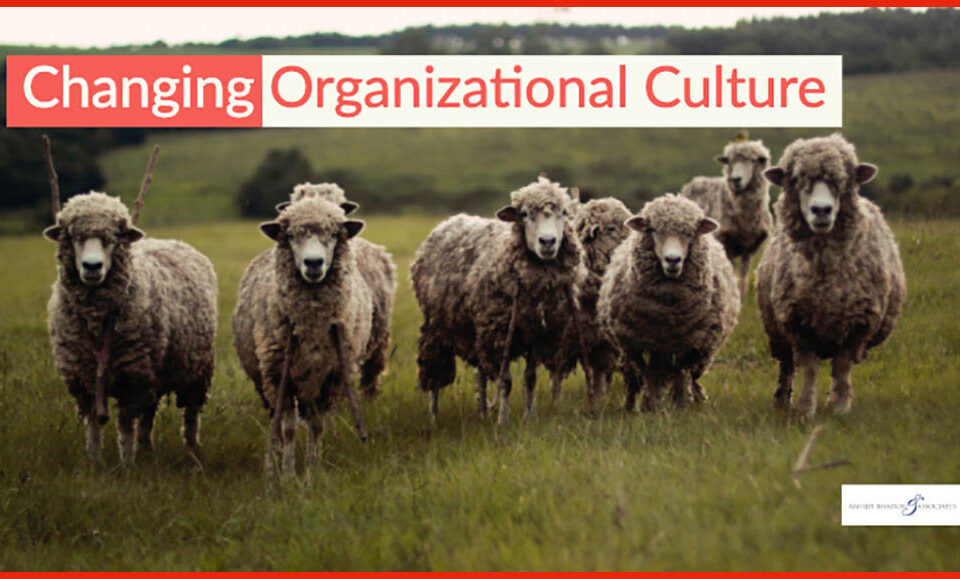Millions of educated knowledge workers—writers, paralegals, assistants, medical technicians—are threatened by accelerating advances in artificial intelligence. Shall we give up the race with machines?
When machines start doing our tasks, we hold them to standards that no human can match. We expect them to be perfect. Maybe we know that they are peering over our shoulder and learning to take over our lives. They better be perfect. That is the only way our lives will be perfect. But is it?
When the AI based virtual assistant in our smart phone helps us choose a restaurant or send a text message we enjoy the moment. We don't want to turn the clock back to a time when we did not have AI based systems recommending to us what we never knew we wanted to buy. The machine is watching us and learning each move we make. Instead of augmenting brawn, machines are now augmenting our cognitive abilities. Understanding emotions of self and others will be the next frontier. When people learn to work with machines the possibilities are endless. But is there an invisible price that we forget?
Computers and automation saw the rise of the “knowledge worker”. A knowledge worker was a person whose job involved handling or using information. With computers increasingly taking over such jobs, those who are skilled in working with people will become more prized. The future belongs to people who are more emotionally intelligent. This may be the era of the “relationship worker” – someone who can handle complex human relationships.
I know parents who roll up their eyes in horror when their kid wants to pursue a Liberal Arts degree in college. Does Liberal Arts fall short of that promise or is it the hottest degree for the future? Why are some companies falling over each other to hire Liberal Arts majors? Do they know something we don't?
Can industry bodies like CII and NASSCOM play a different role in building a common talent pool? What if every fresh entrant into the workforce is employed not by an organization but by an industry body (eg Nasscom employs all software engineers who have base level and undifferentiated skills). The member companies can farm out the work to be done by this pool. Think of it like work being allocated to a secretarial pool. What if...?
Leadership Development experts often talk about going through a “crucible experience”. One of the most reliable indicators and predictors of true leadership is an individual’s ability to find meaning in negative events and to learn from even the most trying circumstances. The skills required to conquer adversity and emerge stronger and more committed than ever are the same ones that make for extraordinary leaders.My review of I Have A Voice by Tyler Williams
Organizational culture is what we call the habits of an organization. These are ways in which people behave spontaneously especially when they are unsupervised. When everyone starts behaving in a similar manner consistently, we say that the organization has a strong culture. The new members of the organization quickly fall in line. They watch everyone around them and learn how to behave in most commonly occurring situations.









